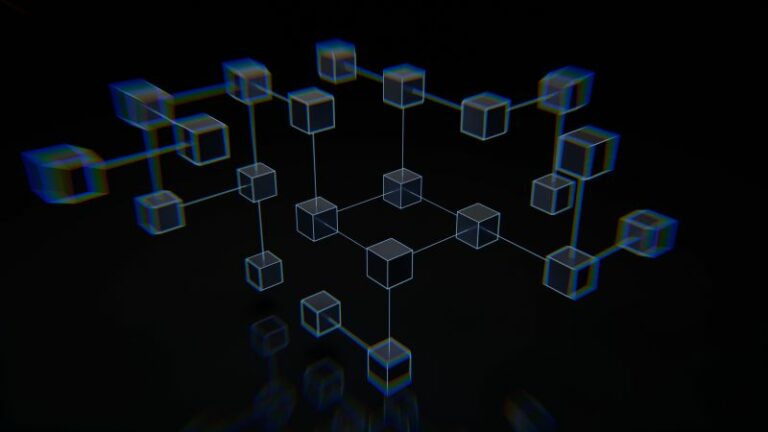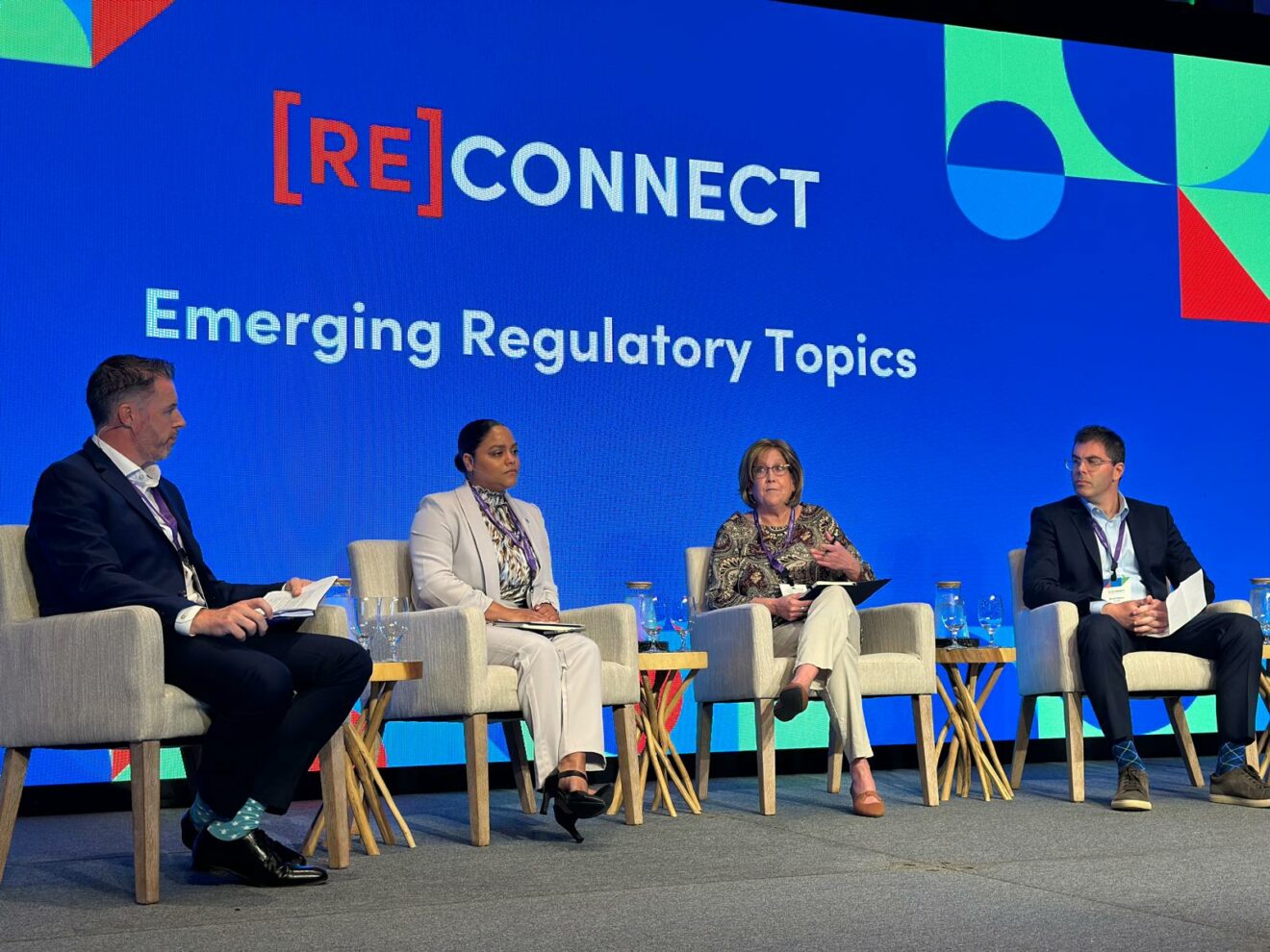
Michael Klein
The Cayman Islands has become one of the premier locations for decentralised autonomous organisations (DAOs) that require a legal entity structure. Five of the ten world’s largest DAOs, as measured by the size of their treasury, have a connection to the islands.
For many of these internet- and blockchain-based organisations, the Cayman Islands foundation company has become the favoured solution to interact with the real world and address specific legal issues.
Driven by the popularity of Cayman foundations for such decentralised organisations, at least half a dozen service provider companies have dedicated themselves to offering DAO-specific services.
What started with independent directorship services for the legal entities of a DAO has now become a veritable industry that helps organisations manage their operations, finances and compliance, and facilitates community-based decision making and interaction with third-party service providers.
What is a DAO?
In their ideal vision, DAOs are fully decentralised organisations without central authority or management that operate without the need for human intervention, according to rules and protocols encoded in smart contracts on a blockchain.
In practice, however, DAOs have not reached this level of absolute decentralisation.
The founders and developers of a decentralised organisation generally seek to relinquish management and control to a community of members.
The creation of a DAO therefore involves a series of steps. First, a developer team develops the rules of the DAO and encodes them in smart contracts on a blockchain, where they are fully auditable and transparent.
Then the DAO will raise funding, often through a token issuance, which at the same time assigns token holders certain voting rights.
At this stage the rules of the DAO can only be changed by the community of token holders under the DAO’s governance protocol.
Token holders, the members of the DAO, further use the voting mechanism to make decisions and allocate the resources of the organisation. The decisions are then either implemented through smart contracts on a blockchain or by instructing third parties.
In contrast to the delegated, centralised management function of, for instance, a company, decentralised organisations aim for a more democratic, transparent, inclusive, and participatory approach to governance.
The objectives of self-governing DAOs range from managing decentralised finance (DeFi) protocols for the exchange or staking of digital assets to the creation of social collaborative platforms, or as a funding mechanism for a specific asset purchase. Others manage NFT projects or native tokens in computer gaming or virtual worlds.
Cayman’s role in DAOs
As is often the case, the emergence of the new industry was not entirely by design. A key element in Cayman was the new foundation company enacted by the 2017 Foundation Companies Law.
A foundation company functions similar to a civil law foundation or common law trust but retains the flexibility of a company in terms of separate legal personality and limited liability.
The foundation company vehicle was originally designed for private wealth and commercial purposes, but its characteristics and the timing of its enacting legislation positioned the vehicle well to serve the growth of decentralised self-governing organisations.
DAO’s are particularly attracted to the feature that foundation companies do not need to have any shareholders and that the group of founders can step away from the organisation and hand over decision-making to a community of token holders.
As such, the structure and characteristics of the foundation company aligned itself well with the values of a DAO, in terms of open, permissionless, public and decentralised governance in a structure that does not have centralised ownership.
Brandon Caruana, CEO at Cartan Group, a tech consulting firm that offers DAO services, says Cayman has a focus on providing a clear and reliable legal, regulatory and economic environment for all companies, including the technology sector.
“Within this context, the Cayman Islands has come to play a big role in the ongoing experimentation with and growth of DAOs.”
Caruana said he recognised, together with Cartan co-founder Brian Tang, that when foundation companies were introduced, they would provide value to an emerging trend of decentralised community formations, as well as the need for a Cayman presence of qualified professionals to service this new type of entity.
At the time, DAOs, or as Cartan also refers to them “cloud-based communities”, were regarded as the next step in the evolution of innovations built on Bitcoin.
“What Bitcoin uniquely did was combine distributed-ledger technology in the form of a blockchain with cryptography, namely hashing, to enable genuine, digitally native scarcity that was underpinned by a decentralised, peer-to-peer network. Ethereum built on top of this with smart contracts, which enabled programmable transfer of value across these distributed peer-to-peer networks,” Caruana said. “DAOs were a logical next step to leverage these predecessors, enabling a new type of functional organisation.”
Such a shift however was not easy to execute. The resistance from a broader dependency on legacy structures that run on familiar infrastructure and norms are strong. Practical issues emerged for the new governance concept, like the ability to enter into agreements, appoint service providers, or hold real world assets.
In addition, early DAOs suffered setbacks, like hacks and the loss of funds. This in turn raised questions of liability and regulatory accountability.
Caruana said, “What the foundation company vehicle did, and somewhat coincidentally, was provide DAOs the ability to bridge this new internet world of global users uniting around a collective cause with the established legal world.”
Foundation companies serve as a legal entity with the capacity to enter contracts, form agreements, file lawsuits, assume liability in the case of being sued, and to hold title to property, while providing limited liability to its members. In the case of a DAO, a foundation company can be the legal structure that represents the DAO’s ecosystem fund and acts as a steward for its native token, Caruana said.
In this way, foundation companies fulfil the need that DAOs had, and still have, for a proper legal wrapper that allows them to interface with the real world.
Without a legal entity, DAOs would likely be treated as a partnership, potentially exposing the members, i.e. the founders and token holders, to liability.
The market for DAO services
As of July 2023, there are more than 20,000 DAOs in the world. About 20 have the equivalent of more than $100 million in their treasury. The largest have more than $4 billion and a total of 80 DAOs have more than $10 million in digital assets and cash, according to DeepDAO.io.
| The 20 largest DAOs by size of their treasury in $M | ||
| 1 | Arbitrum One | $4,200 |
| 2 | BitDAO | $4,100 |
| 3 | Optimism Collective | $3,700 |
| 4 | Uniswap | $2,400 |
| 5 | Polygon | $877 |
| 6 | Gnosis | $868 |
| 7 | dYdX | $682 |
| 8 | ENS | $673 |
| 9 | Wonderland | $399 |
| 10 | Lido | $307 |
| 11 | Crypto Relief | $293 |
| 12 | Stargate Finance | $259 |
| 13 | Polkadot | $209 |
| 14 | Aragon | $204 |
| 15 | Frax Finance | $194 |
| 16 | Compound | $149 |
| 17 | The Graph | $149 |
| 18 | Fei | $129 |
| 19 | Aave | $121 |
| 20 | Curve | $110 |
Petri Basson, chairman of the Blockchain Association of the Cayman Islands and co-founder of Lemma, a dedicated DAO services business says the number and size of decentralised organisations is only going to expand, especially when considering that digital assets are in a bear market.
“DAOs with $100 million in their treasury will potentially reach billion dollar valuations and you will see more project launches and innovations as the market grows.”
Basson believes there is a lot of potential for dedicated service providers and also for the jurisdiction.
“The ethos of DAOs is very positive, where anyone from anywhere in the world can contribute to the community and a number of DAOs are already doing this very successfully. However, the community still needs some support from service providers to ensure actions from votes are implemented and the DAO stays on track,” he said.
“I think there is a unique opportunity for the industry to develop and grow.”
There are at least half a dozen companies in the Cayman Islands dedicated to providing DAO-specific services.
According to Caruana, it is not a cottage industry, “it‘s a burgeoning sector.”
Providing DAO services requires a specialised skill set, he added, but one that is quite prevalent in Cayman Islands, so the barrier to entry is unlikely to dissuade growth and innovation in the sector.
“In our view, it’s in Cayman’s best interest for any DAOs operating here, and leveraging the foundation company infrastructure, to have independent oversight, and appoint professional and qualified DAO-administrators – much like hedge funds hire fund administrators,” the Cartan CEO said.
Edward Noyons, director at consulting firm Marfire, explained on a podcast by UK advisory firm Cummings Pepperdine that foundation companies require certain roles, such as secretary and independent directors.
“These are roles that are quite easily filled in the Cayman Islands.”
The depth of experience of service providers on island and the wide range of choice are one reason why Cayman has been popular as a jurisdiction for DAOs, he said, adding there are also multiple law firms based in Cayman that have been structuring these for a long time.
Basson agrees, noting that service providers in Cayman are already very experienced in financial services. “They see various types of digital asset businesses, providing them with an understanding and a level of experience, which is lacking in other jurisdictions.”
Noyons said, a very common issue that “foundations struggle with is opening bank accounts because they are set up in such a way that they don’t have shareholders.” The lack of ultimate beneficial owners is a tricky concept for banks to deal with, and therefore one of the first things service providers may be tasked with is helping arrange a banking relationship.
Depending on their nature, DAOs with legal entities in Cayman will then require a range of operational, technical and governance services.
They involve managing the operations of the foundation and its resources, compliance and legal advice, as well as financial administration and bookkeeping.
Services cover managing community engagement, moderating discussions on platforms like Discord, and facilitating community-led proposals and voting processes.
Many DAOs have raised funding to develop blockchain infrastructure and assign grants to developers. This process also needs to be managed in line with established policies and procedures. The disbursement of funds itself is subject to KYC and AML requirements, which must be supported.
The future for DAOs
The use of DAOs requiring legal entities, like foundation companies, is likely to grow.
Caruana said it remains to be seen how DAOs will evolve and what new types of use cases will emerge. “But it seems clear to me that there is value in connection, in community, in shared belief, and in enabling groups to orient themselves around that value. As the world continues to embrace the internet economy, the creation and exchange of value will evolve, and DAOs are well positioned to play a role in facilitating and benefiting from that ongoing paradigm shift.”
He said, “I’m confident that DAOs offer a clear, new opportunity to create and share value, and to deploy that value based on a democratic system.
“As DAOs evolve, Cayman is well positioned to reap the benefits of their growth, particularly if we continue to follow the established roadmap of providing a clear, reliable, and predictable environment for their operations. So long as we do that, including building out standards for professional oversight and administration, I don’t see any reason why foundation companies won’t continue to align with what a DAO needs to operate effectively,” Caruana added.


